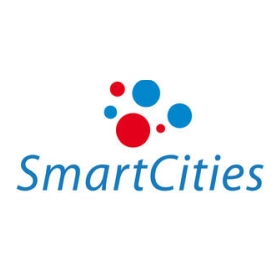The emergence of the smart city poses enormous challenges on cities and their planning. First, the city itself is being transformed from a place dominated by physical actions to one in which such actions are complemented by extensive use of information technologies. Second, many routine functions in cities are being replaced by computer controlled systems and various forms of automation are increasingly being blended with human actions. Third, the provision of data from these new electronic functions in the city offers the prospect of a world in which the implications of how the city is functioning is continuously available. This immediacy is compressing time scales in such a way that longer term planning itself faces the prospect of becoming continuous as data is updated in real time.
Regardless of whether ICT takes centre stage in the development of a smart city or not, it is clear that it acts as a key driver of smart city initiatives. This leads to the need of focused attention for ICT from city planners and the various stakeholders interested in sustaining and improving quality of life in urban areas. Rapid development of ICT in line with application of new services has already highly influenced urban life and will continue to do so. In other words, the concepts of space and distance have changed their meaning and spatial elements of urban settlements are more and more integrated to virtual (online and ICT based) levels. Undoubted, this is the dominant urban transformation of most urban areas – currently and in the future.
Even though the term “smart city” is relatively novel, the development of a smart city can vary dramatically depending on the approach that is taken regarding policymaking for urban development. Therefore, how to plan, manage and improve urban life is one of the main debates in the forthcoming planning and development practices.
With the “Smart Cities” Project, planners and decision makers from different European Countries took on this challenges to develop and discuss individual ways to implementing “smart cities”. The project brought together local authorities and academic partners from 13 cities in the North Sea region to share ideas and pilot initiatives to make their cities smart.
Interested to know more about “smart cities“ and digitalisation?
Feel free to contact our experts at aconium GmbH: e.g. P.khodabakhsh@aconium.eu

